2015 Field Camp
Hydrogeology
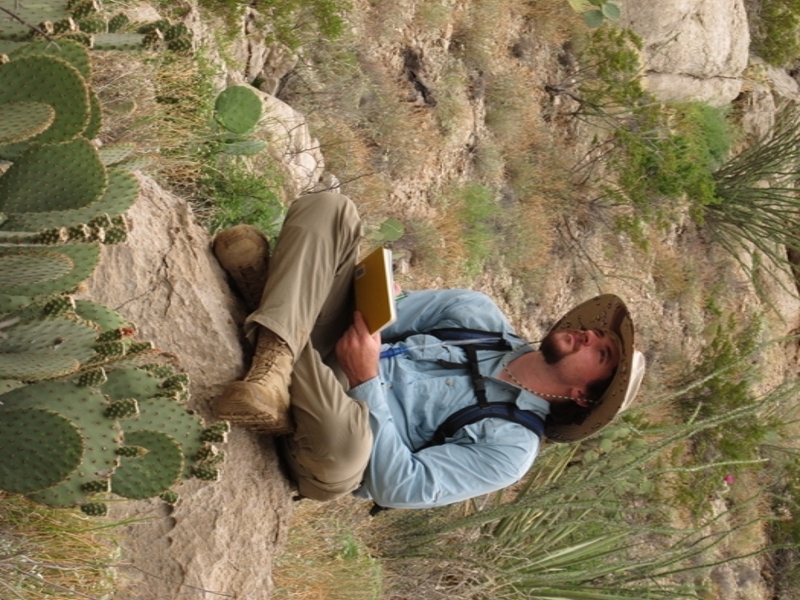 The Hydrogeology Field Camp conducted in Central Texas is the second-half course of our 49 day field camp. Nine students, three volunteers, four faculty members, and one Teaching Assistant spent twenty-four consecutive days together learning how to find groundwater resources for the Central Texas area. This writing-intensive, geosciences capstone course measures our participants’ knowledge in Mineralogy, Petrology, Sedimentology, Structural Geology, Field Geology, and Hydrogeology. The course requires 10-16 hour work days conducting field research and preparing professional reports that are turned in and graded by our professional staff (Jim Chude, Ron Fieseler, and faculty). Three students from Corpus Christi (TAMUCC) and one student from College Station (TAMU) were joined by 5 geology majors from our program. Mark Alaniz (TAMUK), Payton Campbell (TAMUK), Andrew Garcia (TAMUCC), Tabitha Head (TAMUCC), Alexander Johnston (TAMUK), Christian Jones (TAMU), Dakota Kubiak (TAMUK), Karen Linares (TAMUCC), and Emilio Martinez (TAMUK) attended this camp. These students gave 100% every day and produced the highest quality of work yet demonstrated in the hydrogeology field camp. One of our external participants wrote “I would also like to thank you and the other professors for what I can honestly say was the most comprehensive and educational geologic experience of my life thus far. Having gone to big schools, it was such a relief to be around professors that took an active interest that I learned the material and understood the breath of all the minutia of what we were observing. It really tied so many things together for me, and I sincerely appreciate the effort you and the other professors put forth for the field camp.” Dakota Kubiak was the first recipient of the “Best Field Book” honor in both field camp I and Field Camp II awarded by our Faculty.
The Hydrogeology Field Camp conducted in Central Texas is the second-half course of our 49 day field camp. Nine students, three volunteers, four faculty members, and one Teaching Assistant spent twenty-four consecutive days together learning how to find groundwater resources for the Central Texas area. This writing-intensive, geosciences capstone course measures our participants’ knowledge in Mineralogy, Petrology, Sedimentology, Structural Geology, Field Geology, and Hydrogeology. The course requires 10-16 hour work days conducting field research and preparing professional reports that are turned in and graded by our professional staff (Jim Chude, Ron Fieseler, and faculty). Three students from Corpus Christi (TAMUCC) and one student from College Station (TAMU) were joined by 5 geology majors from our program. Mark Alaniz (TAMUK), Payton Campbell (TAMUK), Andrew Garcia (TAMUCC), Tabitha Head (TAMUCC), Alexander Johnston (TAMUK), Christian Jones (TAMU), Dakota Kubiak (TAMUK), Karen Linares (TAMUCC), and Emilio Martinez (TAMUK) attended this camp. These students gave 100% every day and produced the highest quality of work yet demonstrated in the hydrogeology field camp. One of our external participants wrote “I would also like to thank you and the other professors for what I can honestly say was the most comprehensive and educational geologic experience of my life thus far. Having gone to big schools, it was such a relief to be around professors that took an active interest that I learned the material and understood the breath of all the minutia of what we were observing. It really tied so many things together for me, and I sincerely appreciate the effort you and the other professors put forth for the field camp.” Dakota Kubiak was the first recipient of the “Best Field Book” honor in both field camp I and Field Camp II awarded by our Faculty.
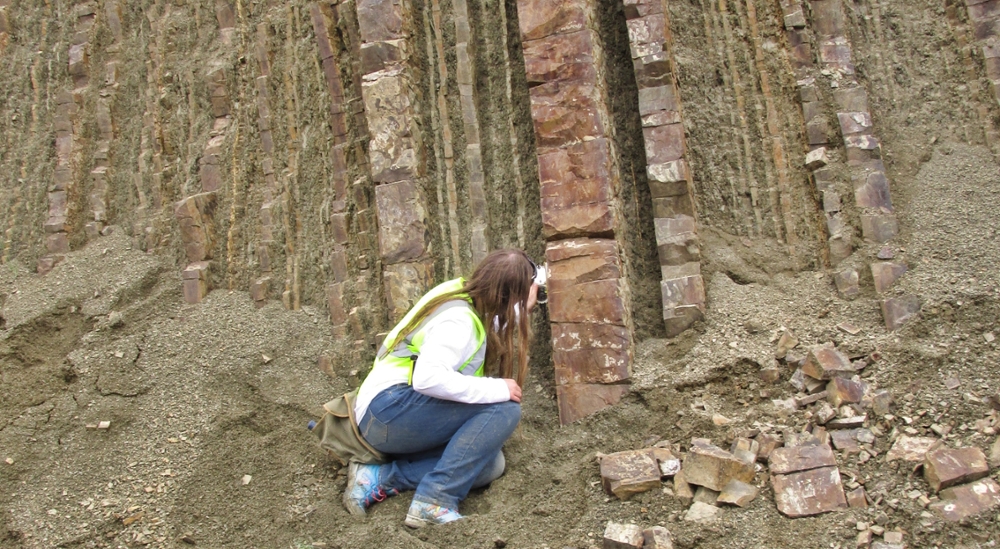
Big Bend and Central Texas
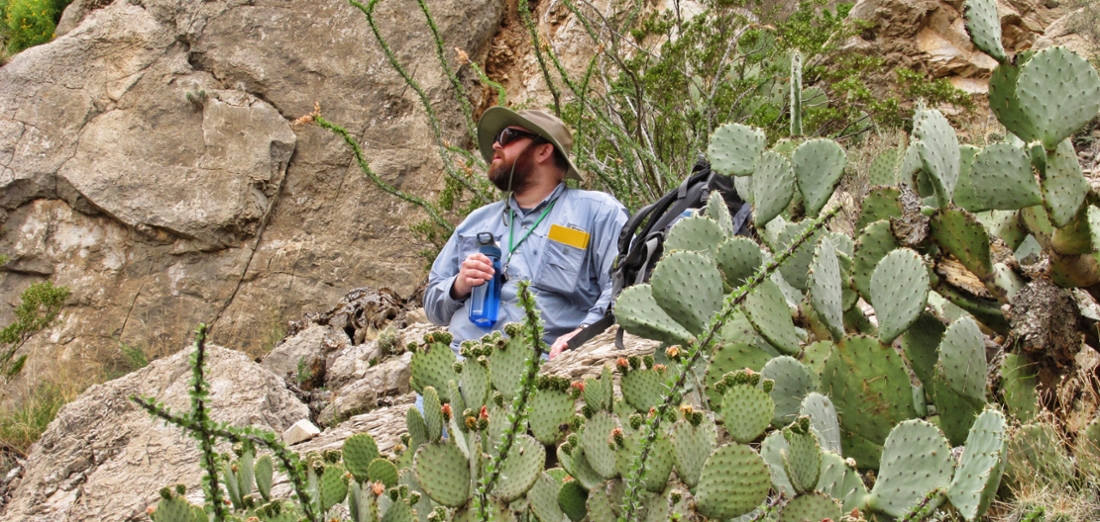
Mark Alaniz, Alexander Johnston, Justin Kelley, Payton Campbell, Andrew Garcia, Tabitha Head, and Karen Linares attended our fourth annual field camp to Big Bend National Park. Three of the students, Andrew, Tabitha and Karen, were new to our program and were attending our field camp to fulfill graduation requirements at their home institution. We again camped out at the Terlingua Ranch Lodge just outside of the Christmas Mountains. Professors Mark Ford, Thomas McGehee, and Dan Jackson organized, supervised, and evaluated the field activities and projects performed by our majors and we were very impressed by the individual performances of each of our majors. Matt Dabney was exceptional as a teaching assistant for this camp and he performed at the level of a graduate student.
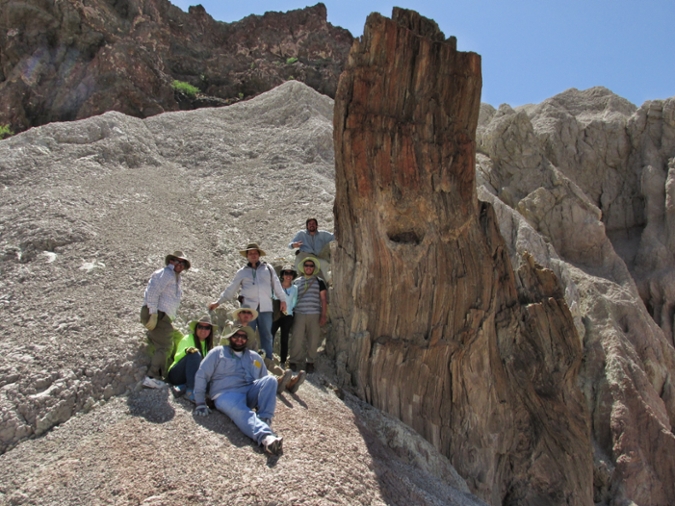
The faculty would like to thank Jim Chude for his continued assistance to our field education efforts. He provides a considerable amount of time and expertise to our field school efforts and our students and our program benefits greatly from his work. Some of the projects this year included understanding and mapping some of the diverse volcanism of Big Bend National Park, constructing a cross-section of the Marathon Orogeny, measured stratigraphic sections and understanding ore genesis. Last year while at Big Bend, Jim Chude and teaching assistant Brent Winborne (2014) scouted out a new project site for us in the Christmas Mountains. This effort led to a new 3-day final mapping project that required applying all the knowledge students had learned to date. A final written report tied all of the projects together into a single geologic history spanning the past 400 million years.
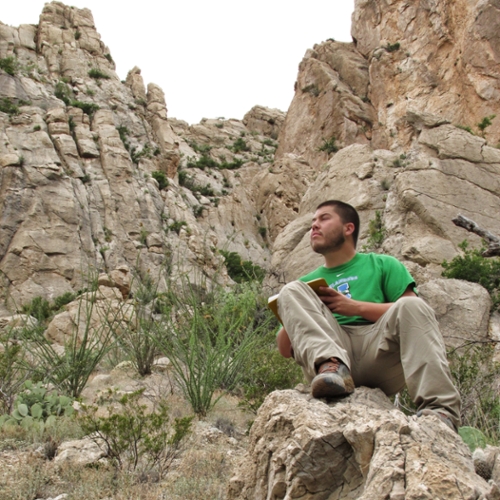
It was difficult to choose the winners of our field awards as all students did a very good job. Alexander Johnston was the winner of the Best Field Observations Notebook. His detailed and clear observations and sketches are similar to what one would see in a professional’s field notebook. Karen Linares turned in the Best Final Field Report. Her final report was clear, well written and similar to what one would expect at the conclusion of a large project, totaling 28 pages of text and 51 figures. Mark Alaniz is the winner of the Best Overall Field Performer award and his individual projects, field notebook and final report ranked either first or second.
